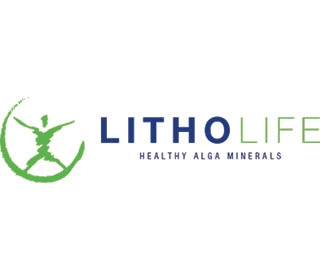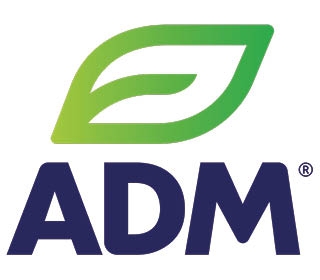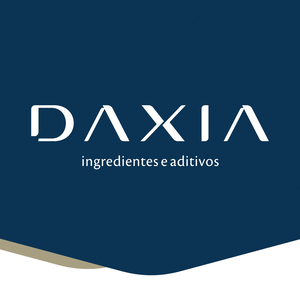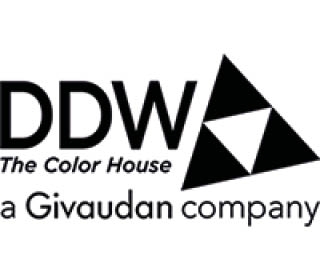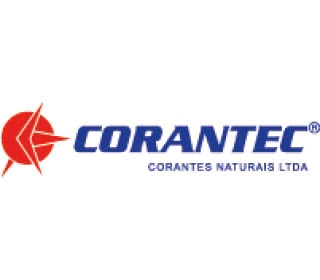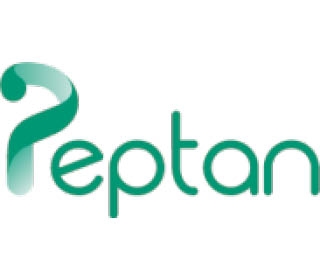Cargill reveals ag-tech survey results
Technology in agriculture (ag-tech) is how we’ll feed a growing population, make farming more sustainable and improve the lives of farm animals, say 85% of the 3,000 participants in Cargill’s new three-continent consumer survey.
At the same time, only about half of those surveyed want their food to come from a technologically advanced (versus traditional) farm. Industries like medicine and education are where respondents most want to see technology used. Farming ranks third—above defence, manufacturing, retail and food.
Cargill reveals ag-tech survey results
“We know that new technologies are allowing farmers to make better, faster, more informed decisions to feed a hungry world while protecting the planet,” said Sri Raj Kantamneni, managing director of Cargill’s digital business. “We also know that agriculture is still the least digitalized industry sector in the world. That means there’s a lot of opportunity—and a lot of need—for greater investment in ag-tech. This survey highlights that in order to help humanity benefit from these advancements, we first need to do a better job of explaining the value of new technologies to consumers.”
In its quarterly Feed4Thought survey, Cargill found markedly different perceptions of ag-tech across the three surveyed countries. South Korea was the most positive about high-tech farms—both as a source of food (70% pro) and for their potential to make farming more sustainable (95% pro). France was the most apprehensive—with only 37% wanting their food to come from a technologically advanced farm. France and the U.S. thought farmers should benefit most when ag-tech improves operations; South Korea chose consumers. When it comes to tech investments, South Korean and American consumers agreed the top priority should be that they “increase food safety,” while French participants said technology should first and foremost “improve animal well-being.”
“It’s my responsibility as a farmer to make sure I’m doing a good job and thinking about nature,” said Shelby Fite of Mann Farms in Ohio, U.S. “Technology is making everything faster, making everything more efficient.”
Real-time scans in poultry houses, for example, use Artificial Intelligence (AI) to give farmers insights so they can maximize animal comfort and health and improve efficiency. iQuatic, Cargill’s digital tool for aqua uses sensors to capture data on things like water quality, feeding patterns and weather to inform pond management and increase harvest yields. Facial recognition will allow producers to track changes in a cow’s appearance to gauge their productivity and well-being. Already, Cargill’s Dairy Enteligen analysis integrates data on milk productivity, feed formulation, cow comfort and more.
Forty-two percent of survey takers said they’d welcome the use of sensors on the farms that grow their food. Thirty-five percent would be OK with AI. Devices that affix to an animal, such as ‘Fitbits for cows’ and robotic or automated labour (e.g. robotic milkers) were acceptable to 29% of respondents. Next came genomics. A quarter of contributors said they were comfortable with farmers breeding animals based on genetic markers for desirable traits. Finally,18% would embrace feed containing genetically modified (GM) ingredients. Younger French and American participants (aged 18 – 34) were slightly more likely than their older counterparts (aged 55+) to accept GM feed.
None of these innovations earned above a 50% approval rating, which correlates with respondents naming “consumers desire traditional products” as a top barrier to farmers adopting tech—second only to farm economics.
“That’s why we launch partnerships like Techstars Farm to Fork Accelerator, which applies innovation to help create a safer, more sustainable food system, and the new Feeding Intelligence platform, which includes a website that offers expertise on topics like digitalization to help producers make better decisions,” said Adriano Marcon, president of Cargill’s animal nutrition business. “Both show consumers that technology in agriculture is how we’ll address the very things they care about most.”
Arla Foods Ingredients is highlighting the growing potential of milk protein hydrolysates for the management of allergy and discomfort in infants.
The prevalence of allergic diseases is rising globally, the company notes, while up to 30% of formula-fed infants often experience gastrointestinal discomfort.
Milk protein hydrolysates are the result of an enzymatic process in which protein is cut into smaller peptide fragments. Where breastfeeding is not possible, infant formulas with hydrolysates are often recommended because of their benefits for allergy management and the reduction of discomfort.
For example, Arla says, clinical studies have observed reduced risk of atopic dermatitis in infants fed hydrolysed infant formulas compared with those based on intact proteins. Growing awareness of such benefits means protein hydrolysates are increasingly used in infant nutrition products. Between 2014 and 2018 global launches of formula products with whey protein hydrolysates increased by 7.9% CAGR.
Furthermore, recent consumer research by Arla Foods Ingredients found that 32% of mothers worldwide, and 49% of those in China, were aware of whey protein hydrolysates. Of those who were familiar with the ingredient, 31% expressed a preference for formula containing it.
Arla Foods Ingredients’ offers a range of what it says are scientifically proven milk protein hydrolysate products in its Lacprodan and Peptigen ranges. In one study, high-risk infants were either breastfed or given a hypoallergenic formula based on Peptigen IF-3080. There were no significant differences regarding the development of atopic dermatitis or measured immunological outcomes.
Manel Romeu Bellés, Industry Marketing Manager at Arla Foods Ingredients said: “Infant discomfort is one of the most common reasons parents switch formulas, so it’s essential that the risks of allergy and gastrointestinal problems are minimized. Protein hydrolysates are both clinically proven and sought after by consumers. At Arla Foods Ingredients we have over 25 years’ experience of producing high-quality milk protein hydrolysates for formula. Infant safety is paramount, which is why we’ve invested heavily in both pre-clinical and clinical research so we can offer a range of products that are proven to be safe and effective.”









